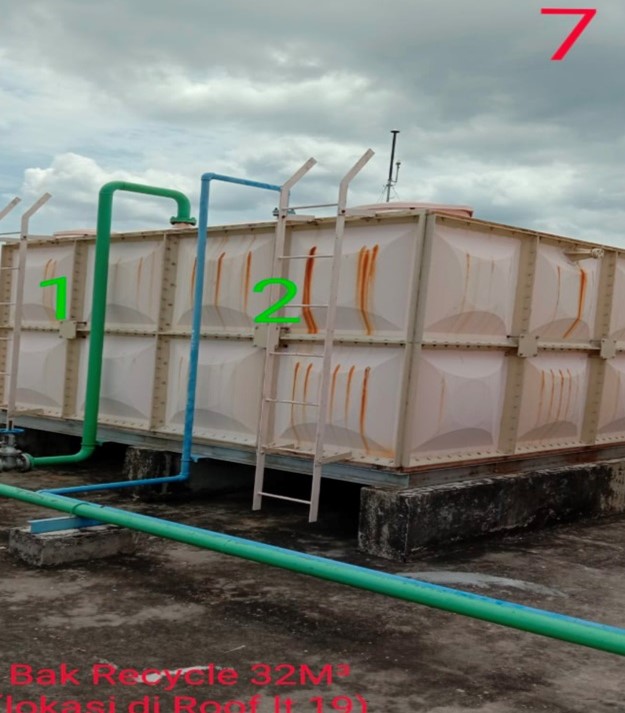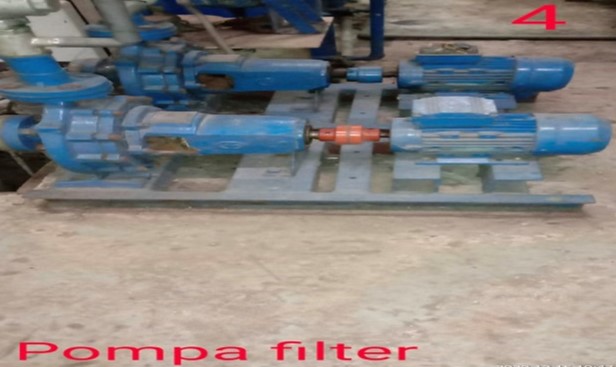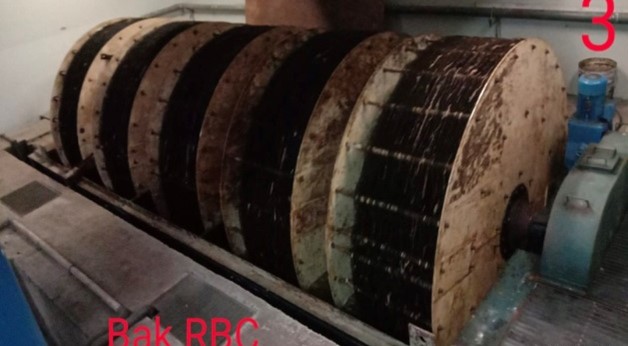Waste Disposal Landfill Policy





BINUS University is committed to responsible waste disposal and has implemented a comprehensive policy to measure the amount of waste sent to landfills and recycled. This policy is part of its larger sustainability effort, which includes tracking and managing waste streams to ensure that as much material as possible is diverted from landfills. Organic waste, such as food scraps, is composted and used to nourish the plants in campus gardens, while water waste is treated and repurposed for plant irrigation. Inorganic and plastic waste is collected and sorted by the cleaning staff, ensuring proper recycling processes are followed.
To further minimize non-organic waste, BINUS University has introduced several policies aimed at reducing single-use items. For example, the university encourages students and staff to use reusable tumblers and glasses, rewarding those who follow these guidelines. The use of styrofoam has been restricted, and plastic bags are being phased out in favor of more sustainable alternatives like paper bags or tote bags. These initiatives not only reduce waste but also promote a culture of sustainability among the university community.
BINUS University also runs innovative programs like the “Be-Green” E-Recycling initiative, which encourages proper disposal of plastic waste by offering rewards for recycling efforts. The university’s School of Design has been actively involved in promoting sustainability through creative campaigns, such as “From Waste to Fashion,” and workshops like “New Way of Upcycling.” These programs highlight the university’s ongoing efforts to reduce waste, promote recycling, and educate the community about the importance of sustainability in everyday practices.
The policy on waste management also detailed in the Rector’s circular No. 1660a/REK/IX/2023 titled “Pengelolaan Sampah dan Limbah Berbahaya.”


